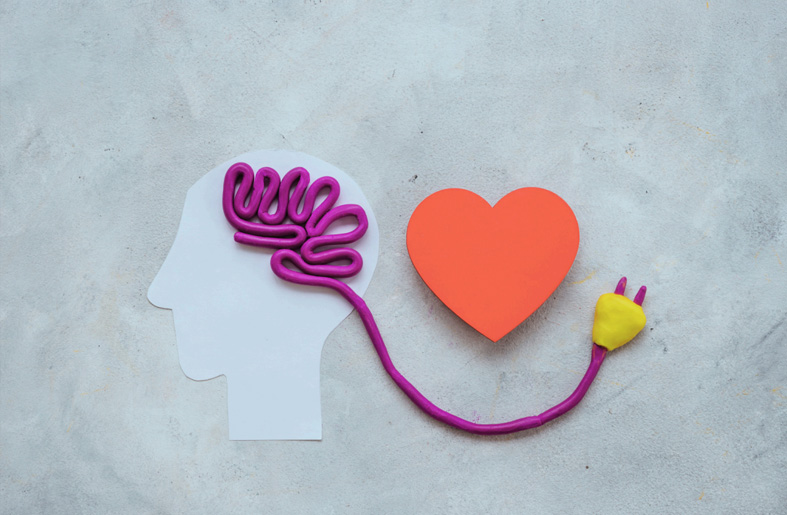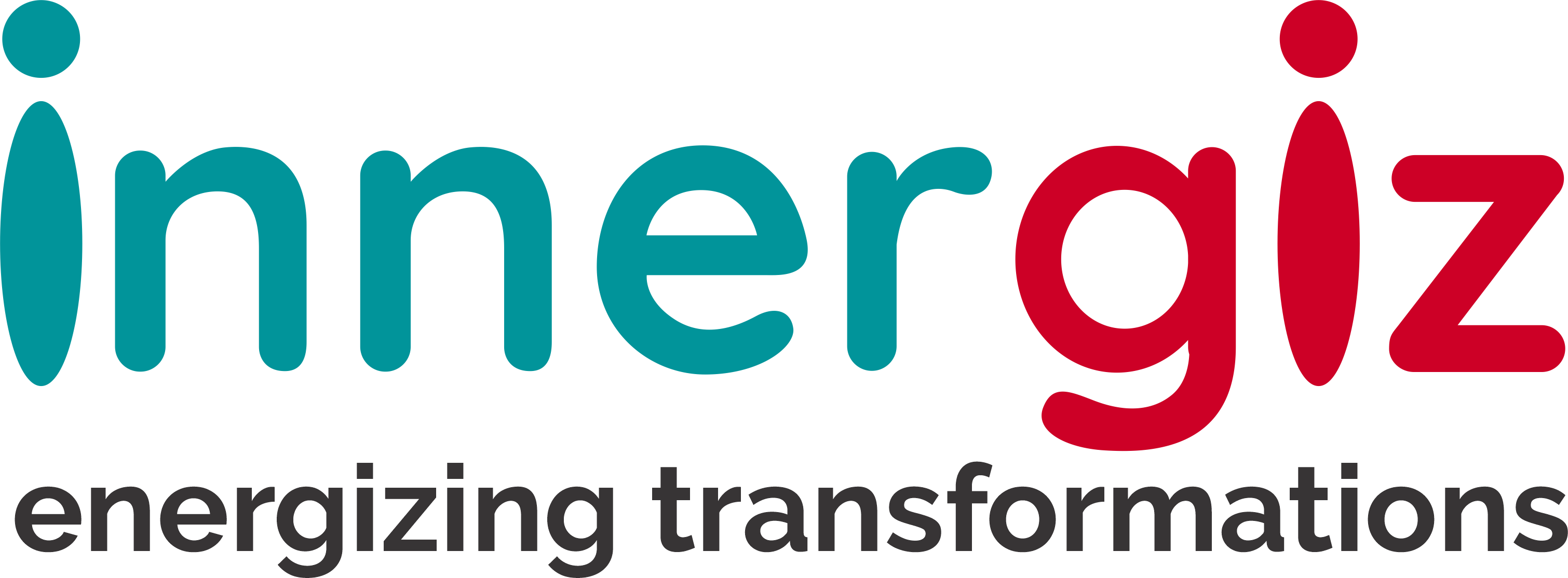Emotional Intelligence

Emotional intelligence (EI) is like having a secret weapon for dealing with life’s ups and downs. It’s all about understanding your own feelings and those of the people around you, and using that knowledge to handle situations better.
Here’s why it’s so important: When you’re emotionally intelligent, you’re more aware of how you feel and why you feel that way. This helps you make better decisions and respond to challenges in a calm, rational way. Instead of letting your emotions run the show, you can take control and stay level-headed.
Another big part of EI is being able to manage your emotions. That means not letting anger, sadness, or stress get the best of you. Instead of lashing out or shutting down when things get tough, you can take a step back, take a deep breath, and find a constructive way to deal with whatever’s going on.
But EI isn’t just about you—it’s also about understanding other people’s feelings. When you’re emotionally intelligent, you can pick up on subtle cues and empathize with what others are going through. This makes it easier to connect with people, build trust, and work together effectively.
So how do you actually use EI in your day-to-day life? It starts with paying attention to your own emotions and learning to recognize how they influence your thoughts and actions. Once you’re more aware of your own feelings, you can start practicing self-regulation—finding healthy ways to deal with stress, frustration, and other emotions.
At the same time, it’s important to tune in to how other people are feeling. Take the time to really listen and try to understand where they’re coming from. This will help you build stronger relationships and avoid unnecessary conflicts.
In a nutshell, emotional intelligence is all about being aware of your own emotions, managing them effectively, and understanding how they impact your interactions with others. It’s a super useful skill that can help you navigate life’s challenges with grace and empathy.
